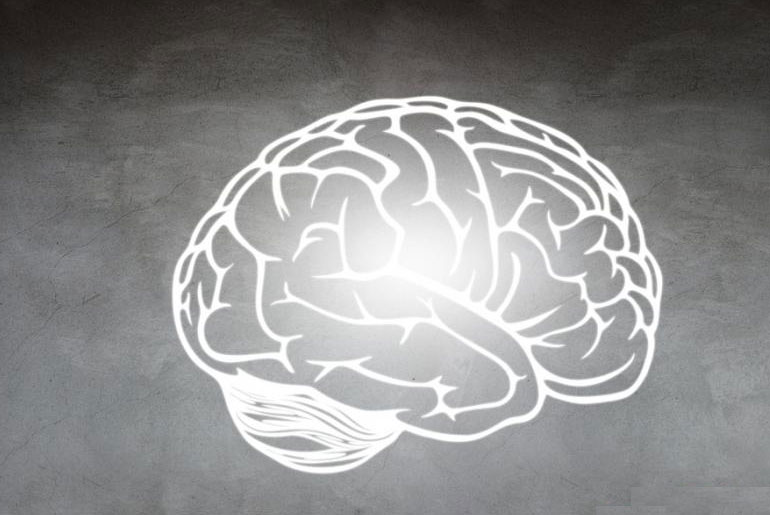As the body ages, the mind often exhibits signs of aging, such as memory lapses and cognitive decline, making old age challenging. However, adopting a healthy lifestyle and making wise dietary choices can help slow down these processes. Cognitive abilities typically diminish with age, affecting memory, problem-solving skills, and mental clarity.
Despite this, research indicates that our brains possess the remarkable ability to adapt and change throughout life, a concept known as neuroplasticity. By engaging in activities that stimulate the brain and maintaining overall health, it is possible to mitigate the effects of cognitive decline and promote mental well-being in older age.
By incorporating specific strategies into our daily routines, we can maintain mental sharpness and reduce the risk of cognitive decline. Taking control of brain health is crucial for staying mentally fit as we age. Effective ways to remain mentally sharp after 50 include social engagement, which fosters connection and reduces isolation; mental stimulation through activities like puzzles, reading, or learning new skills; regular physical exercise, which enhances blood flow to the brain; and stress management techniques, such as mindfulness, meditation, and adequate sleep. By embracing these practices, we can support our cognitive health and enjoy a sharper mind well into our later years.
Engage in Physical Activity
Regular physical activity is crucial for reducing the risk of cognitive decline. Activities like walking, jogging, swimming, or even yoga can improve blood flow to the brain, promote neuroplasticity, and enhance overall brain health. Exercise also reduces the risk of cardiovascular diseases that can contribute to cognitive impairment. Even short walks in nature can have significant mental health benefits, reducing stress and promoting a sense of well-being.
Maintain a Healthy Lifestyle
A balanced diet, adequate sleep, and stress-reducing techniques are essential for supporting overall health and cognitive function. Eating a diet rich in fruits, vegetables, whole grains, lean proteins, and healthy fats provides essential nutrients that support brain health. Sufficient sleep allows the brain to rest and consolidate memories. Stress-reducing techniques such as meditation, deep breathing exercises, and mindfulness can help manage stress levels, which can otherwise negatively impact cognitive abilities.
Stay Organized
Using tools like planners, calendars, and reminders can aid in managing tasks and staying organized. Keeping a structured daily routine helps reduce cognitive load and supports efficient task management. Organizational strategies also help in maintaining focus and reducing forgetfulness, promoting overall mental clarity.
Seek Help If Needed
If you or a loved one notice signs of cognitive decline, such as memory loss, difficulty with reasoning or problem-solving, confusion, or changes in mood or behavior, it’s important to seek help from a healthcare professional promptly. Early diagnosis and intervention can lead to better management of cognitive issues and improved quality of life. Healthcare professionals can conduct assessments, provide guidance on treatment options, and offer support for both the individual and their caregivers.
Regular Checkups
Regular visits to a primary care physician are crucial for early identification and management of conditions that may contribute to dementia. These checkups can help monitor vital health parameters and provide guidance on maintaining overall brain health. Early detection and management of conditions like hypertension, diabetes, and high cholesterol can significantly reduce the risk of developing dementia. Additionally, physicians can offer advice on lifestyle changes and medications that may help slow down the progression of dementia symptoms.
Keep Your Mind Stimulated
Engaging in mentally stimulating activities is essential for keeping the mind active and challenged. Activities such as reading, solving puzzles, and learning new skills or hobbies can help maintain cognitive function. These activities stimulate different parts of the brain, fostering new neural connections and promoting brain health. Consistently challenging the mind can help delay the onset of dementia symptoms and improve overall cognitive resilience.
Stay Socially Engaged
Maintaining social connections is another important aspect of brain health. Regular interactions with family and friends, whether through phone calls, video calls, or in-person meetings, can help keep the brain healthy and boost mood. Social engagement provides emotional support, reduces stress, and can enhance cognitive function by stimulating conversation and emotional bonding. Being socially active helps in reducing the risk of depression and isolation, which are associated with cognitive decline.
By incorporating these practices into daily life, individuals can proactively support brain health, reduce the risk of cognitive decline, and promote overall well-being.
Disclaimer:
The information contained in this article is for educational and informational purposes only and is not intended as a health advice. We would ask you to consult a qualified professional or medical expert to gain additional knowledge before you choose to consume any product or perform any exercise.








